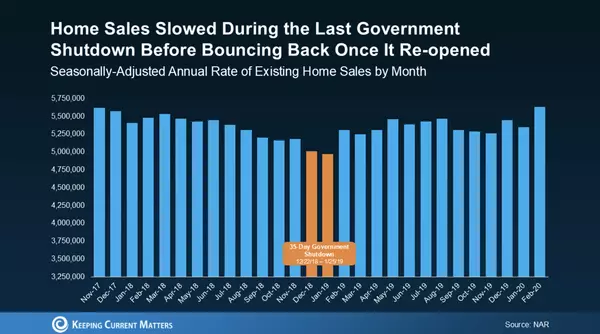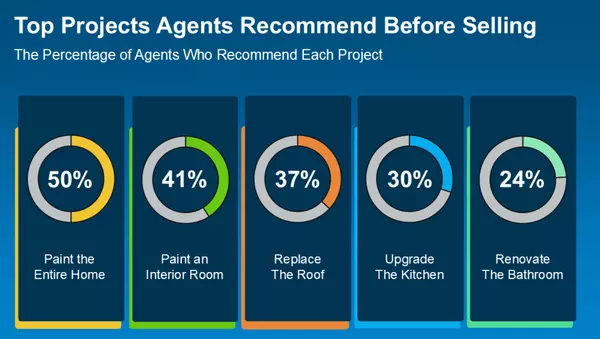Our Marketing
The numbers speak for themselves—experience unmatched views, extensive reach, and exceptional engagement.
View Our Work
Sell With Confidence
Our seller services are designed to bring your property into the spotlight, ensuring a seamless process that maximizes value and minimizes stress.
Learn More
Ready to Sell?
Ready for a transformative experience? Click below to register and connect instantly. Let's dive into this journey together!
Connect With an Agent
Marketing Analysis
& Pricing
Home Preparation
& Staging
Marketing
& Showings
Offers
& Negotiation
Contract
& Paperwork
Closing
& Beyond




